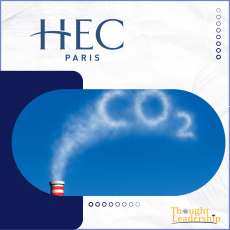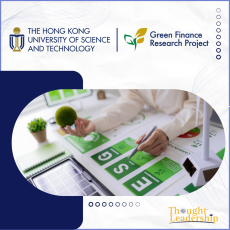Using an enhanced hyperbolic distance function and stochastic frontier analysis, the study evaluates 29 European countries between 2005 and 2018, examining their success in managing these trade-offs. The results show steady improvement in performance, with renewable energy playing a key role in helping lagging countries. EU-15 members, the older states, demonstrate slightly higher convergence in progress compared to newer members. Sustainable economic growth driven by clean energies is critical for reducing CO2 emissions and promoting energy equity.
The study finds that while non-EU-15 countries have shown steeper progress in environmental technical efficiency, CO2 emission reductions are less complementary to energy equity compared to GDP growth. However, the adoption of renewables helps boost environmental efficiency, particularly among EU-15 nations. The research suggests it is possible to balance economic, environmental, and equity objectives along the green transition.
The convergence analysis highlights that EU-15 countries are reducing disparities in environmental efficiency faster than non-EU-15 countries, supported by renewable energy adoption. The findings emphasise the importance of EU policies in fostering a fair and sustainable economy. However, further efforts are needed to promote green technologies, improve energy efficiency, and navigate geopolitical challenges to fully achieve the 2050 climate neutrality target. The findings offer valuable insights for global policymakers, demonstrating how a balanced approach to economic growth, environmental sustainability, and energy equity can guide other regions in tackling the global challenge of climate change while fostering inclusive development
READ FULL ARTICLE HERE





